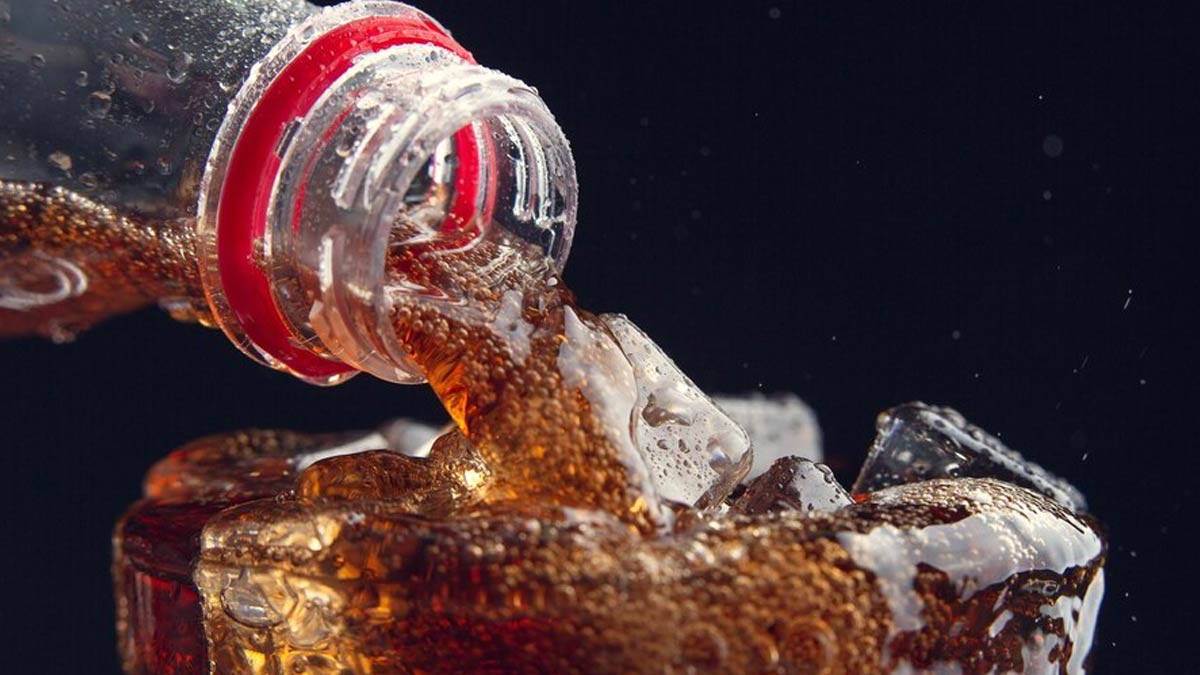
In the quest for healthier beverage options, many turn to diet sodas as a seemingly guilt-free alternative to their sugary counterparts. However, recent research has unveiled a potential dark side to these artificially sweetened drinks – a connection to liver disease. In this blog post, we'll explore the surprising link between diet soda consumption and liver health.
Table of Content:-
The Rise of Diet Soda

Diet sodas gained popularity as a solution for those looking to reduce calorie intake and manage weight. These beverages typically use artificial sweeteners like aspartame, sucralose, or stevia to provide a sweet taste without the added calories of sugar. While they may seem like a smart choice for weight-conscious individuals, the impact on the liver is now raising concerns.
Artificial Sweeteners and Liver Metabolism
Studies suggest that artificial sweeteners used in diet sodas can disrupt the body's normal metabolic processes, particularly in the liver. The liver plays a crucial role in metabolizing various substances, including sugar and artificial sweeteners. The introduction of these sweeteners may lead to metabolic confusion, potentially contributing to liver dysfunction over time.
Insulin Resistance and Fatty Liver
One of the key concerns linked to diet soda consumption is the development of insulin resistance. Insulin, a hormone produced by the pancreas, regulates blood sugar levels. However, prolonged exposure to artificial sweeteners may interfere with insulin sensitivity, leading to insulin resistance. This condition is closely associated with the accumulation of fat in the liver, a condition known as non-alcoholic fatty liver disease (NAFLD).
Also Read: Your Legs Can Signal A Fatty Liver Disease: Note THIS Warning Sign
Research Findings

Several studies have explored the relationship between diet soda consumption and liver health. While the exact mechanisms are still being elucidated, some research suggests a correlation between a high intake of artificially sweetened beverages and an increased risk of developing liver disease. These findings highlight the need for further investigation into the long-term effects of artificial sweeteners on liver function.
Moderation and Alternatives
As research continues, it's essential to approach diet soda consumption with moderation. Opting for healthier beverage alternatives, such as water, herbal teas, or naturally flavoured water, can contribute to overall well-being. These choices not only hydrate the body but also support liver health without the potential risks associated with artificial sweeteners.
Also Read: Swelling In These Body Parts Can Indicate Fatty Liver, Read To Know
While diet sodas may offer a low-calorie option for those watching their weight, emerging research suggests a potential connection between these beverages and liver disease. As our understanding of this link evolves, it becomes increasingly important for individuals to make informed choices about their beverage consumption. Prioritizing liver health through a balanced diet and mindful beverage choices is a crucial step toward overall well-being.
Also watch this video
How we keep this article up to date:
We work with experts and keep a close eye on the latest in health and wellness. Whenever there is a new research or helpful information, we update our articles with accurate and useful advice.
Current Version